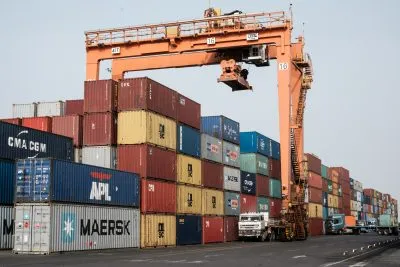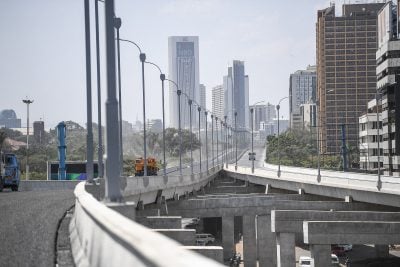Hardly given a chance of winning the Cup of Nations, Zambia’s fairytale victory is a heart-warming testimony to the power of fortitude and team work, with the hand of providence undoubtedly playing its part, as Kennedy Gondwe reports from Lusaka.
Destiny’s unswerving curve – as well as an indomitable fighting spirit – are, without question, the two ingredients that produced the elixir of success that saw Zambia lift the Cup of Nations for the very first time on 12 January at the Stade de L’Amitié in Libreville, Gabon.
That the Chipolopolo (Copper Bullets), experienced their greatest triumph in the same central African country that was the epicentre of a horrific plane crash, on 27 April 1993, which claimed the lives of 18 national team players and 12 officials en route to Senegal for a 1994 World Cup qualifier, has produced what is perhaps the most inspiring tale of triumph in the 55-year history of the tournament.
Matched against the star-studded and more experienced Côte d’Ivoire in the final, a team that had not conceded a single goal en route to the championship match, there was no question that the Southern Africans had a steep mountain to climb.
“It was a tall order [that Zambia would win the Nations Cup title],” admitted Dennis Liwewe, arguably Zambia’s best-known football commentator.
But unintimidated by the presence of European club football stars like Didier Drogba, Kolo and Yaya Touré, the current African Player of the Year, in the West African side, Zambia, captained by Christopher Katongo, conjured a performance that confounded the Ivorians.
The West Africans had little self-confidence left after 120 minutes of play failed to produce a goal, with Didier Drogba, of all players, missing what would have been a match-winning penalty for the Elephants in the 70th minute.
As Francois Zahoui, the Côte d’Ivoire manager, admitted after their 8-7 loss on penalties, the pulsating final was one that he and his players never expected.
“It’s difficult when you take part in a competition when you do not concede a goal and score nine… We missed the penalty in normal time, then perhaps lost a bit of confidence. This is a big disappointment for us.”
It was anything but that for the emotional French coach Hervé Renard, who joined his players in a frenzied group dance, after Stoppila Sunzu calmly slotted home the winning kick that gave the Southern Africans the title that eluded them at the 1974 and 1994 finals. “I know we’re not the best team [in Africa] but we have a strength and force that animated our team and made us African champions… This is something enormous – something that appeared unrealisable before the competition began,” Renard said.
Having led the Chipolopolo to the quarter-finals at the 2010 finals in Angola, where they could have beaten a lacklustre Nigeria, which had to draw upon every ounce of experience to earn a semi-final berth, Renard returned to coach Zambia late last year, after Dario Bonetti, an Italian, was surprisingly sacked despite earning the 2012 qualification ticket.
Renard’s return to Zambia, after a short stint in Angola, was not without its critics. Many felt he had abandoned the country that had given him his first major coaching job, after working as Ghana’s assistant coach at the 2008 Nations Cup finals, with previous stints with English side Cambridge United and French team AS Cherbourg.
But having the support of Kalusha Bwalya, the 1988 African Player of the Year, now the president of the Football Association of Zambia (FAZ), Renard returned to work and rejoined the players that he had grown to know well. Imbuing confidence into his players, they gathered mental strength, as they tried to convince a largely sceptical country, tired of underachievement, that they were the team to finally turn the tide of chequered outings and take the Zambian game to the African summit.
But, as even the 43-year-old Frenchman would admit, winning the 2012 Nations Cup tournament was never on the agenda, as he had set a modest quarter-final target.
The Chipolopolo’s opening Group A fixture against Senegal, one of the pre-tournament favourites, with a formidable array of strikers, like Demba Ba and Papiss Cissé, was expected to be a particularly tricky fixture, with most pundits giving the game to the Lions of Teranga well before the kick-off.
But a stunning 2-1 victory over the 2002 World Cup quarter-finalists set the tone for the impressive Chipolopolo run in the preliminary stage, emerging as Group A winners, following a 2-2 draw with hardfighting Libya and upsetting the mammoth home crowd to get a 1-0 win over Equatorial Guinea.
Want to continue reading? Subscribe today.
You've read all your free articles for this month! Subscribe now to enjoy full access to our content.
Digital Monthly
£8.00 / month
Receive full unlimited access to our articles, opinions, podcasts and more.
Digital Yearly
£70.00 / year
Our best value offer - save £26 and gain access to all of our digital content for an entire year!
 Sign in with Google
Sign in with Google 



